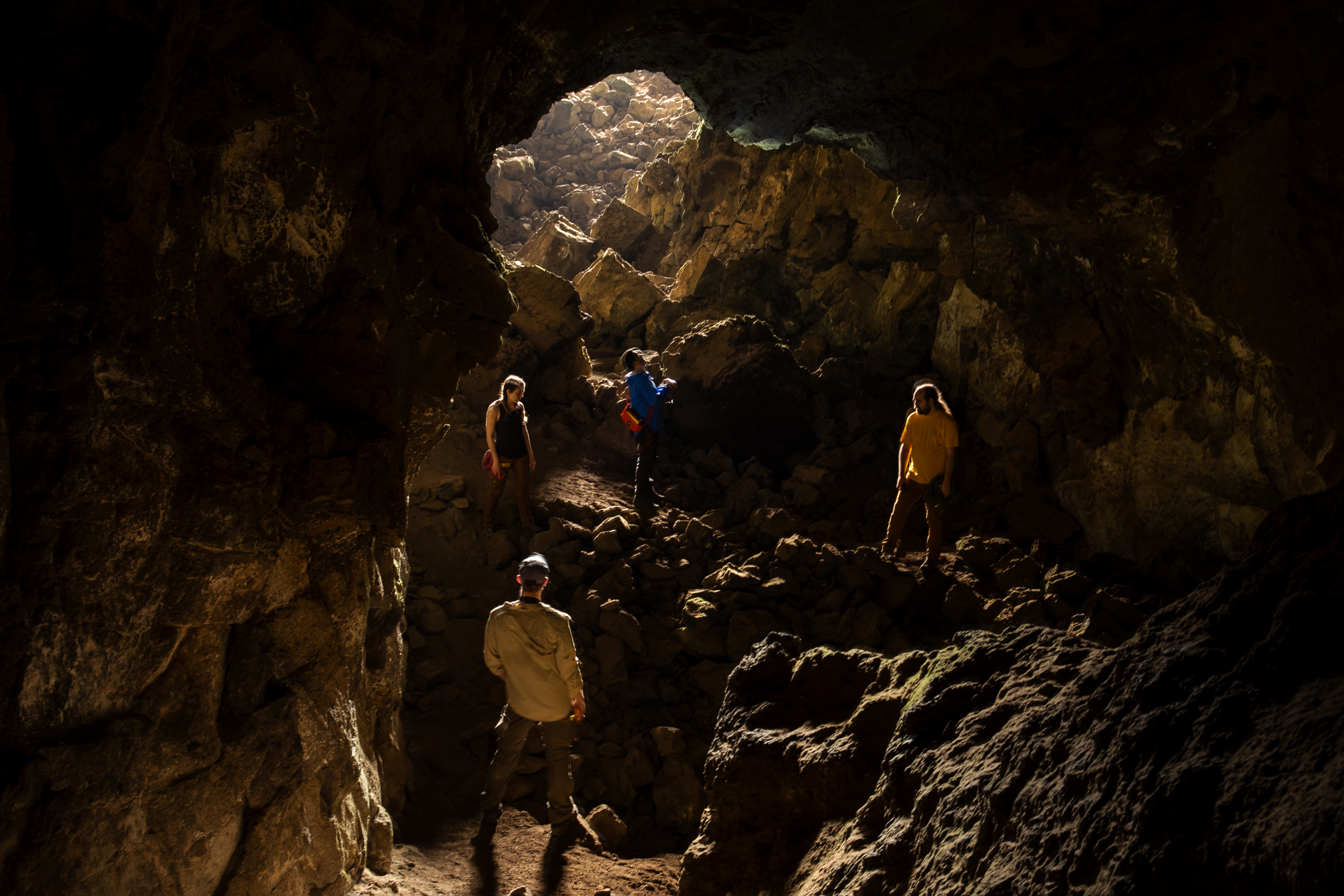
Studying the Geology of Lanzarote and the Moon
Space Exploration Initiative
Massachusetts Institute of Technology
Massachusetts Institute of Technology
Lanzarote
February 2024
During a 10-day field program in February, the MIT Space Exploration
Initiative worked within the geological and environmental conditions of
Lanzarote's volcanic landscape. The program had two aims: to test technologies for
future lunar exploration and to highlight the island's significance in
understanding Earth's history.
Lanzarote’s well-preserved volcanic structures, lava flow with varied morphologies, lava tubes, and valleys, make it an incredible educational resource and training ground for geologists and astronauts alike; the European Space Agency (ESA) trained on Lanzarote between 2017-2022. All experiments conducted during this expedition hold relevance for both space exploration and terrestrial applications. By testing these technologies in an environment that is representative of Earth and the Moon we can learn about the ruggedness of the technologies, how they can be operated in remote locations, and the cultural impacts that these distinct environments have.
PROJECTS
Capturing the Moon | Dr. Cody Paige
AstroAnt Swarm Robotics | Fangzheng Liu & Nathan Perry
HexSense | Fangzheng Liu & Nathan Perry
Earth Mission Control | Phillip Cherner
Papalotes Atmosféricos | Chucho (Jesús) Ocampo Aguilar
Researchers:
Phillip Cherner, Research Assistant, MIT Media Lab
Fangzheng Liu, PhD Candidate, MIT Media Lab
Chucho (Jesús) Ocampo Aguilar, Teaching Assistant, Harvard University
Dr. Cody Paige, Director, MIT Space Exploration Initiative
Nathan Perry, SM Candidate, MIT Media Lab
Special thanks:
MIT Media Lab
Carmelo Peña Santana & Jable de TAO
Timanfaya National Park
Laboratorio de Geociencias de Lanzarote
Lanzarote’s well-preserved volcanic structures, lava flow with varied morphologies, lava tubes, and valleys, make it an incredible educational resource and training ground for geologists and astronauts alike; the European Space Agency (ESA) trained on Lanzarote between 2017-2022. All experiments conducted during this expedition hold relevance for both space exploration and terrestrial applications. By testing these technologies in an environment that is representative of Earth and the Moon we can learn about the ruggedness of the technologies, how they can be operated in remote locations, and the cultural impacts that these distinct environments have.
PROJECTS
Capturing the Moon | Dr. Cody Paige
AstroAnt Swarm Robotics | Fangzheng Liu & Nathan Perry
HexSense | Fangzheng Liu & Nathan Perry
Earth Mission Control | Phillip Cherner
Papalotes Atmosféricos | Chucho (Jesús) Ocampo Aguilar
Researchers:
Phillip Cherner, Research Assistant, MIT Media Lab
Fangzheng Liu, PhD Candidate, MIT Media Lab
Chucho (Jesús) Ocampo Aguilar, Teaching Assistant, Harvard University
Dr. Cody Paige, Director, MIT Space Exploration Initiative
Nathan Perry, SM Candidate, MIT Media Lab
Special thanks:
MIT Media Lab
Carmelo Peña Santana & Jable de TAO
Timanfaya National Park
Laboratorio de Geociencias de Lanzarote
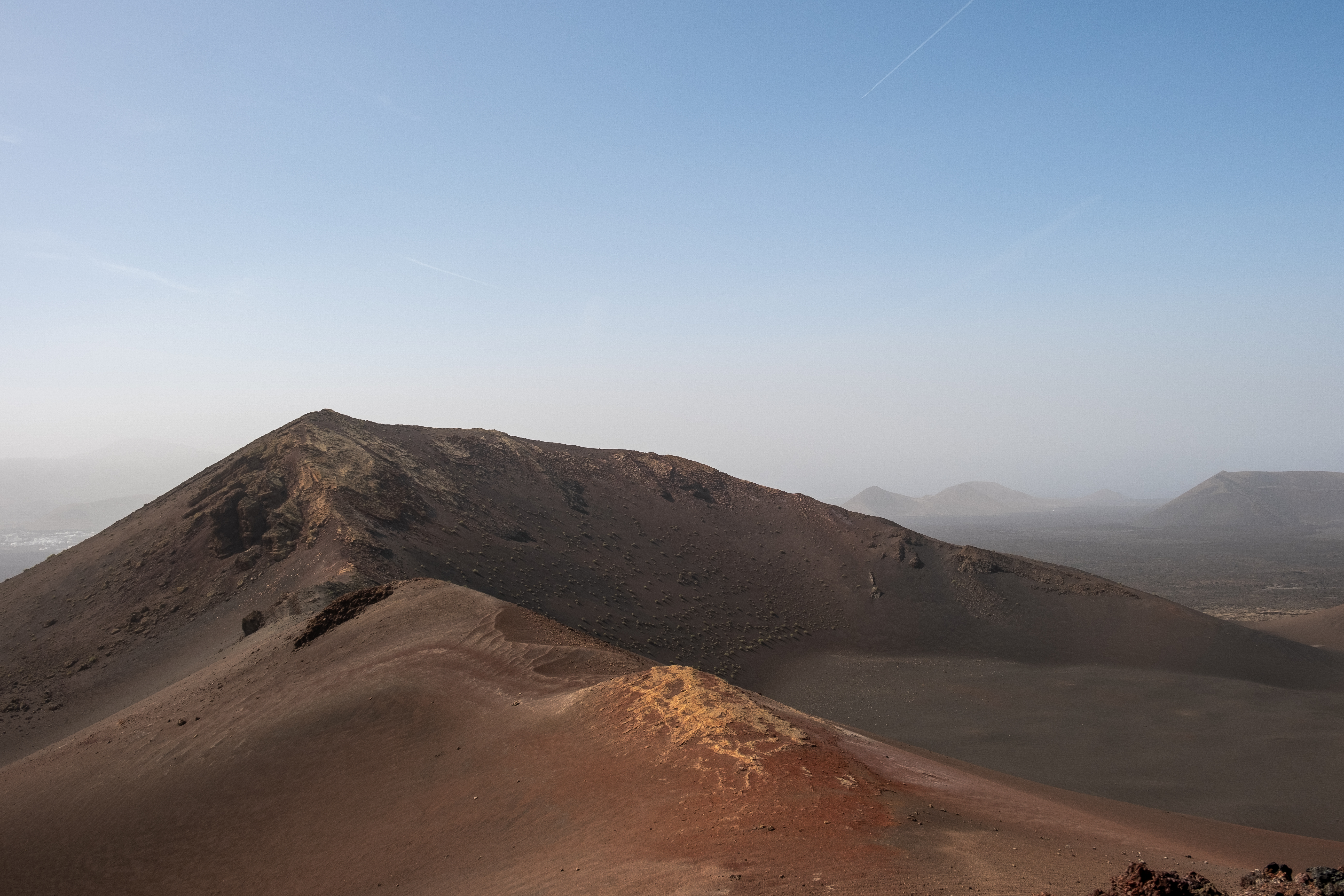

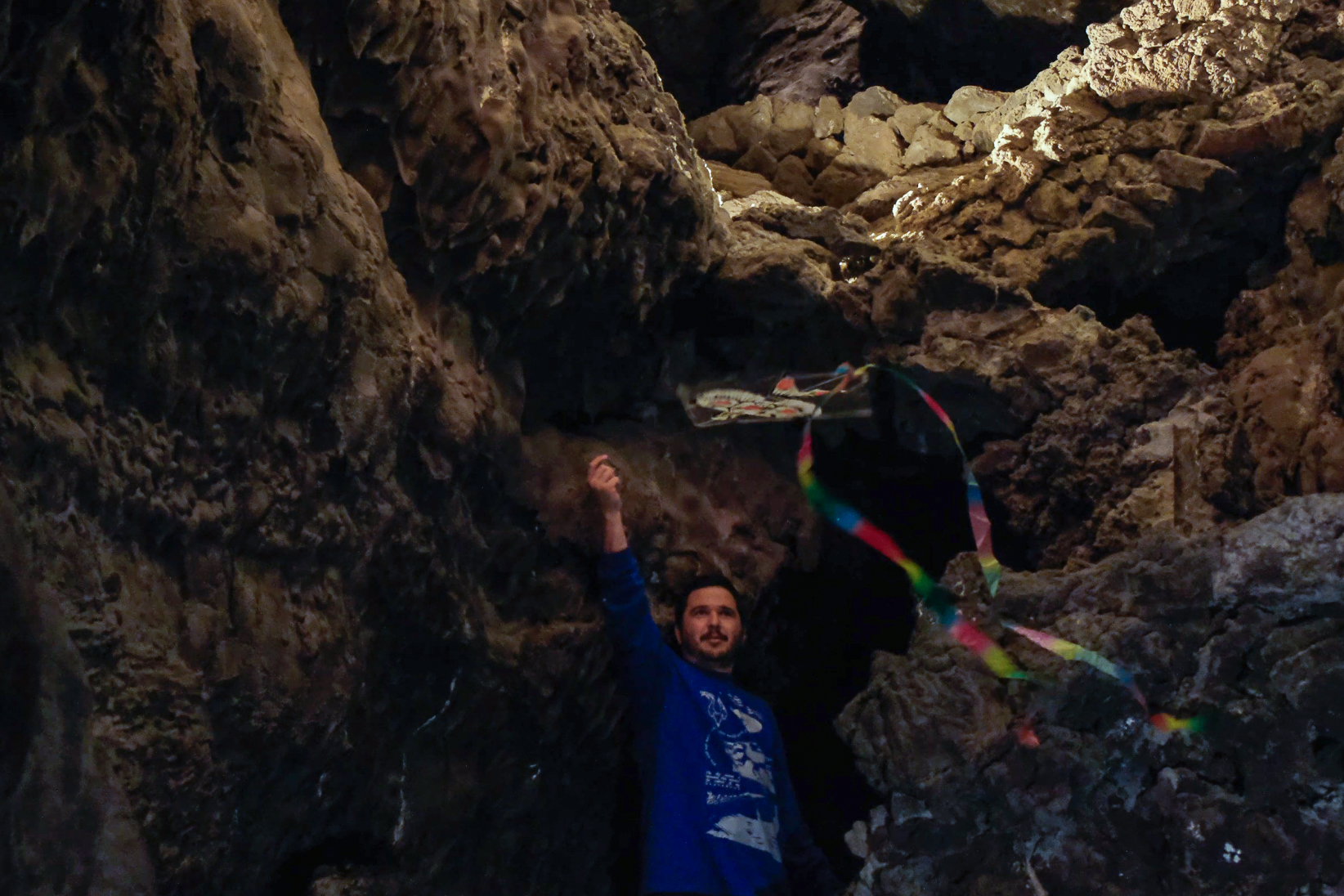
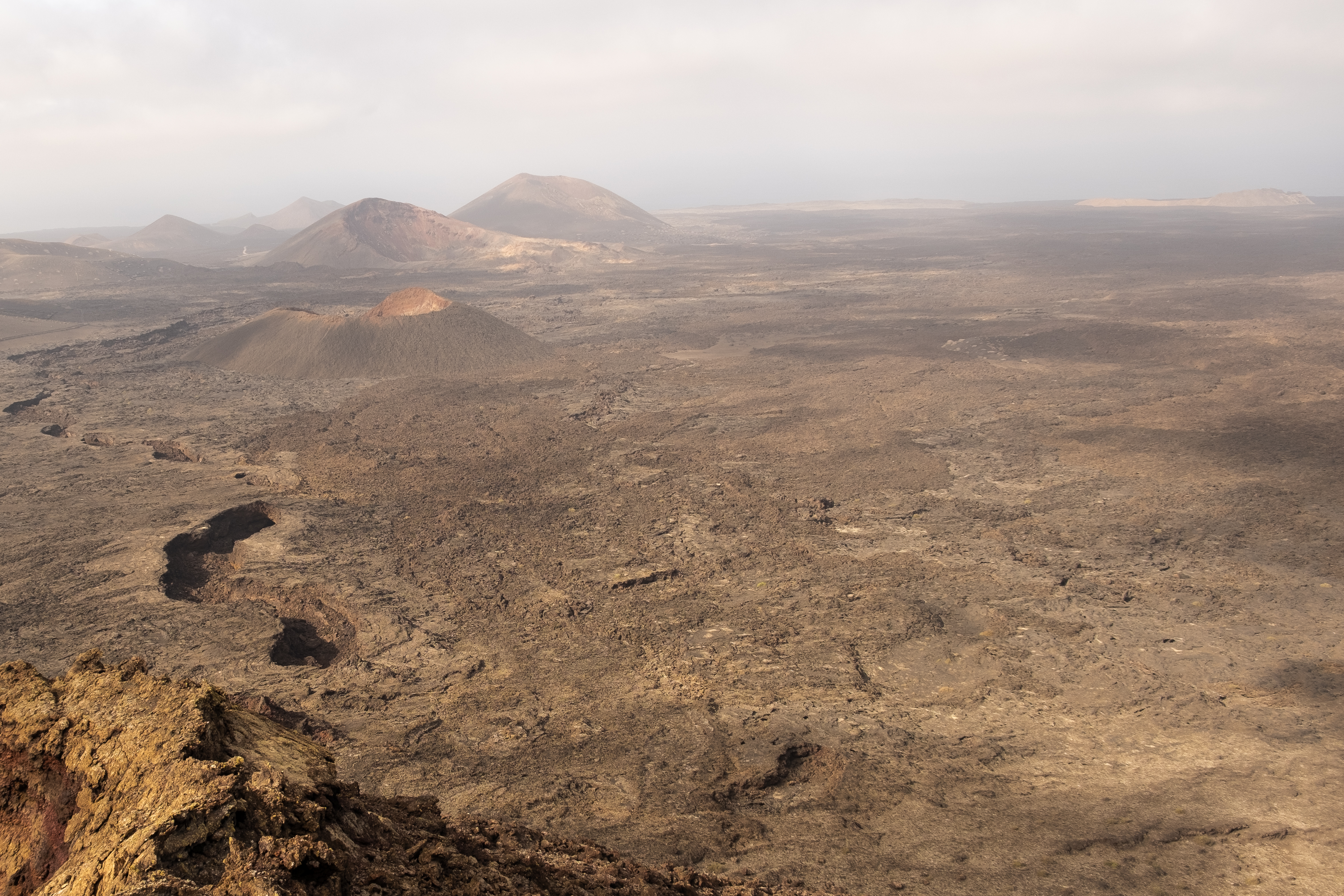
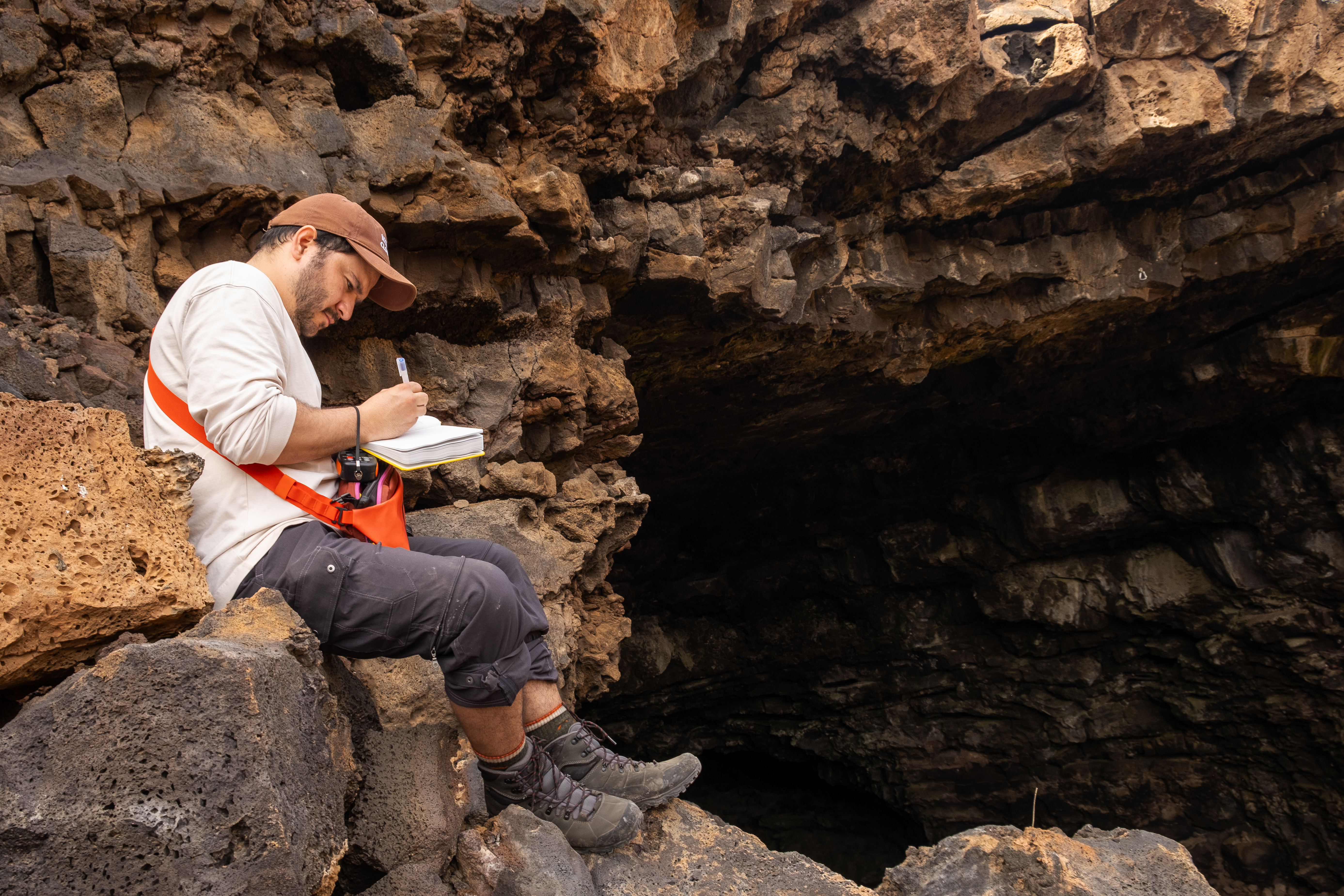
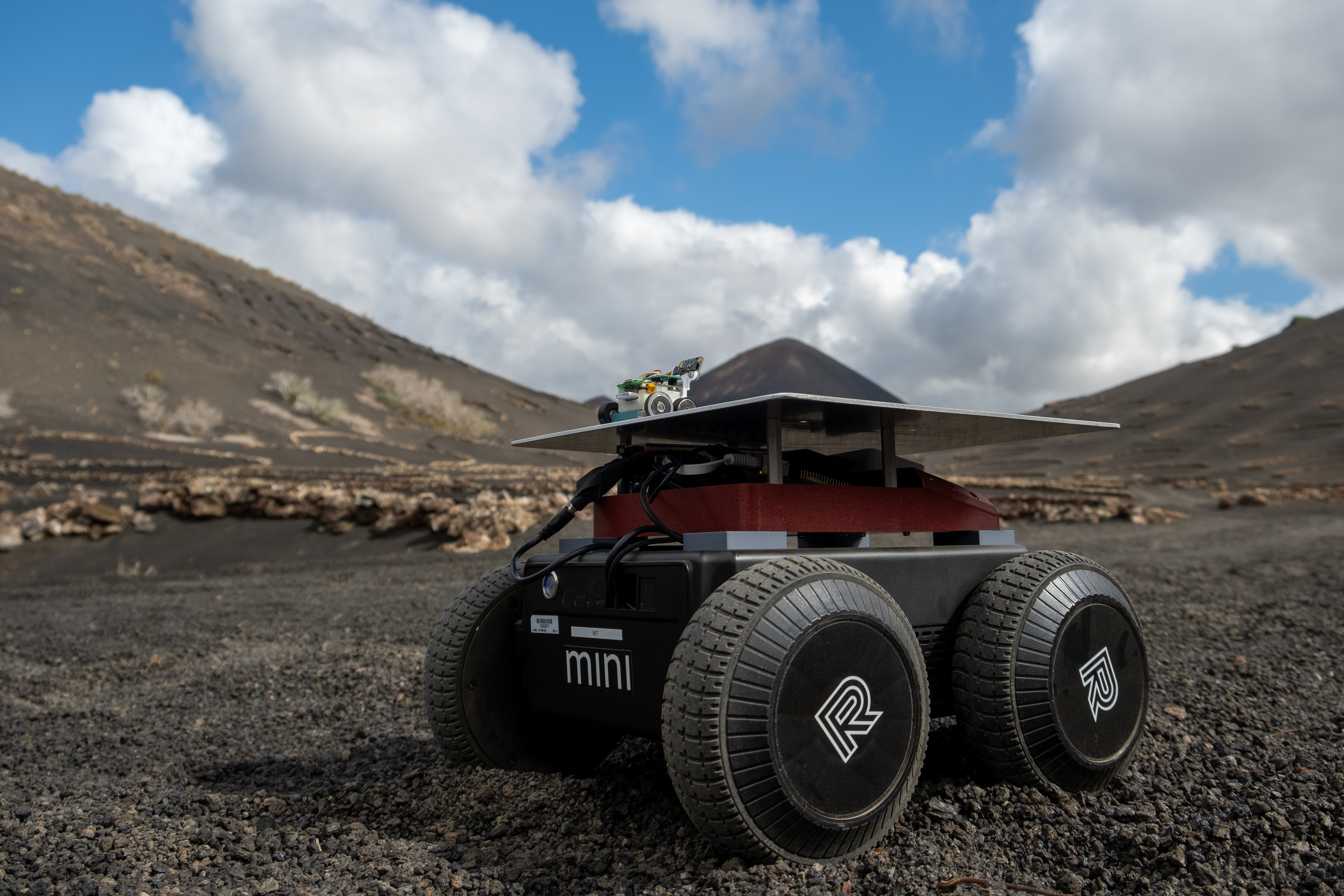
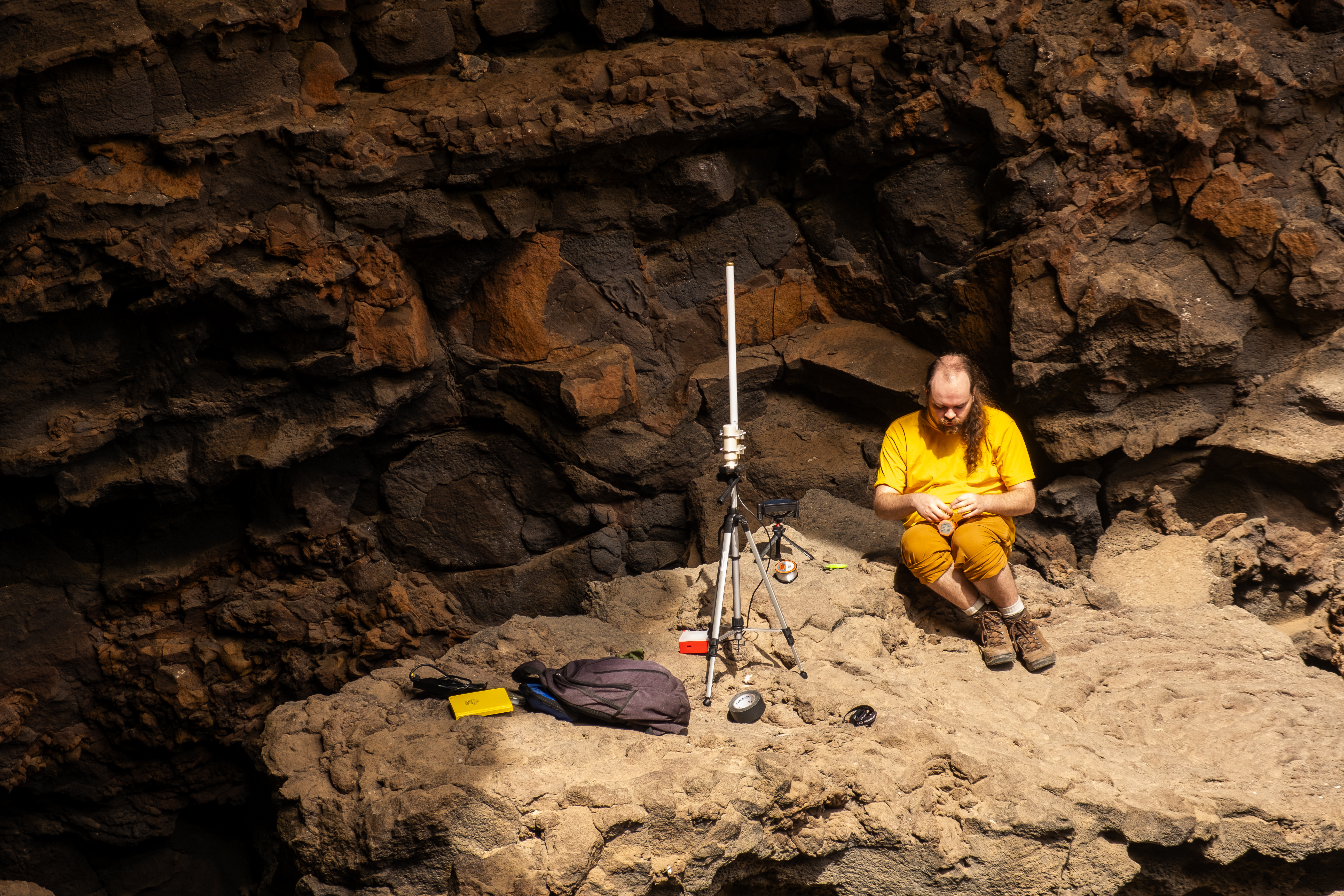
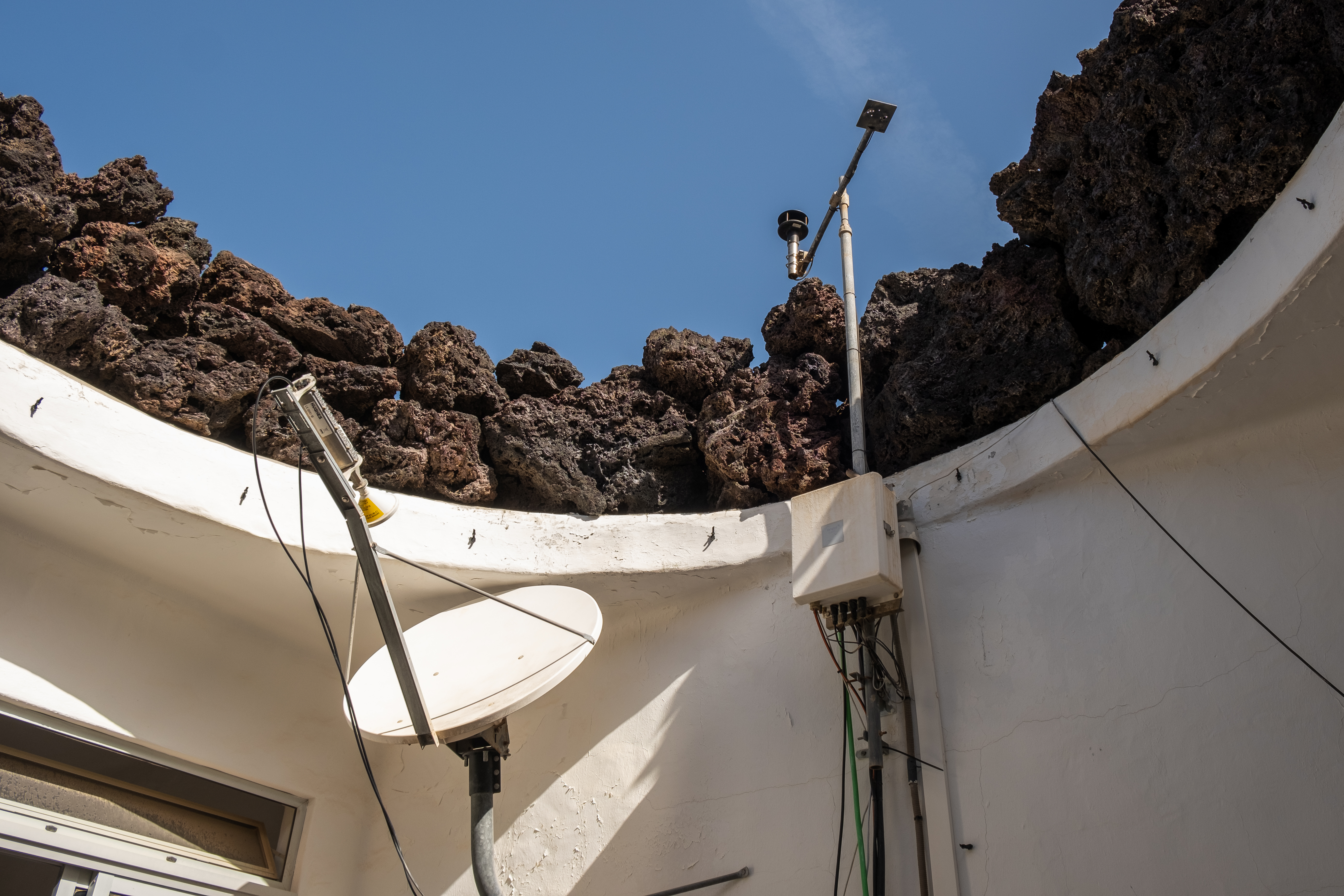
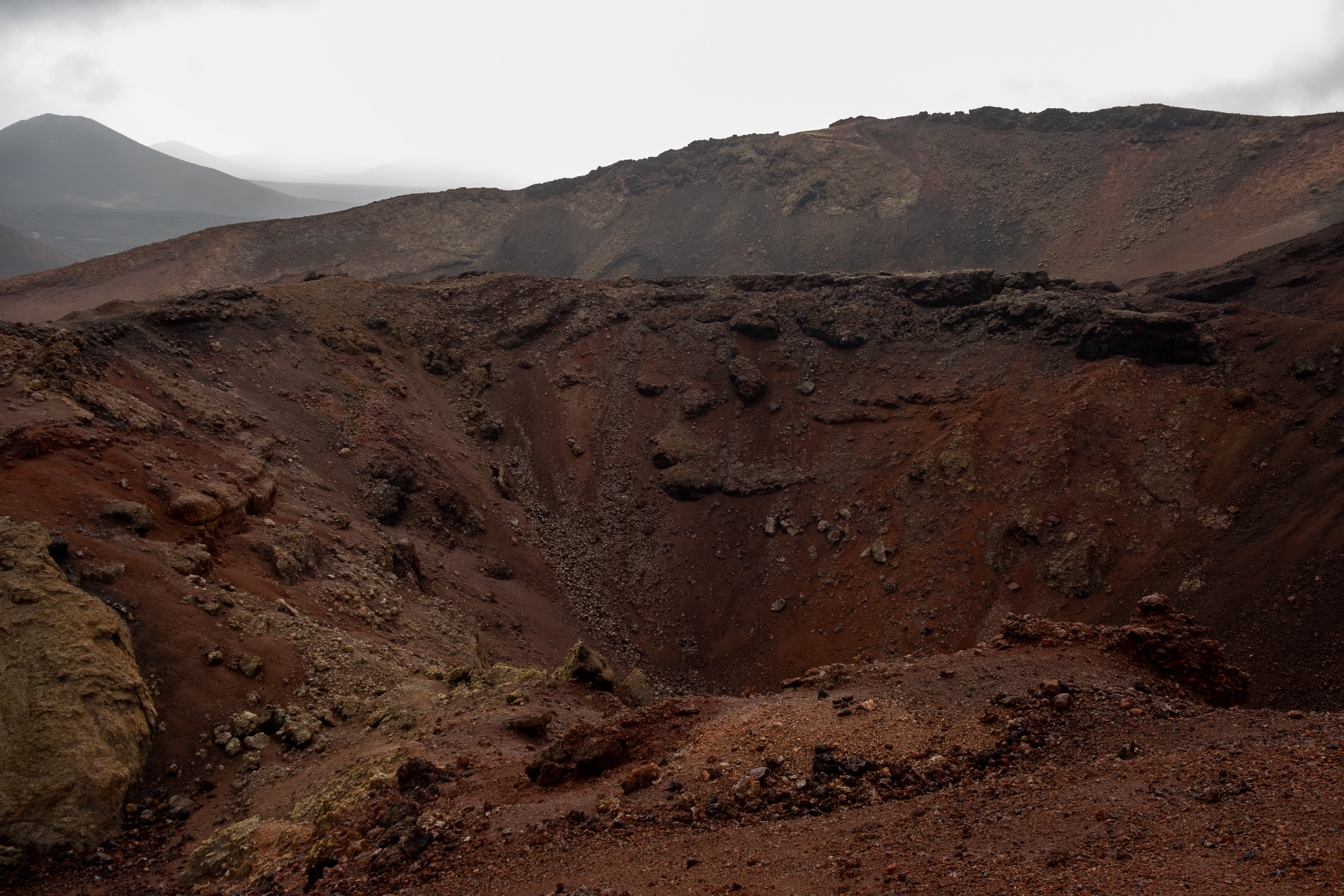
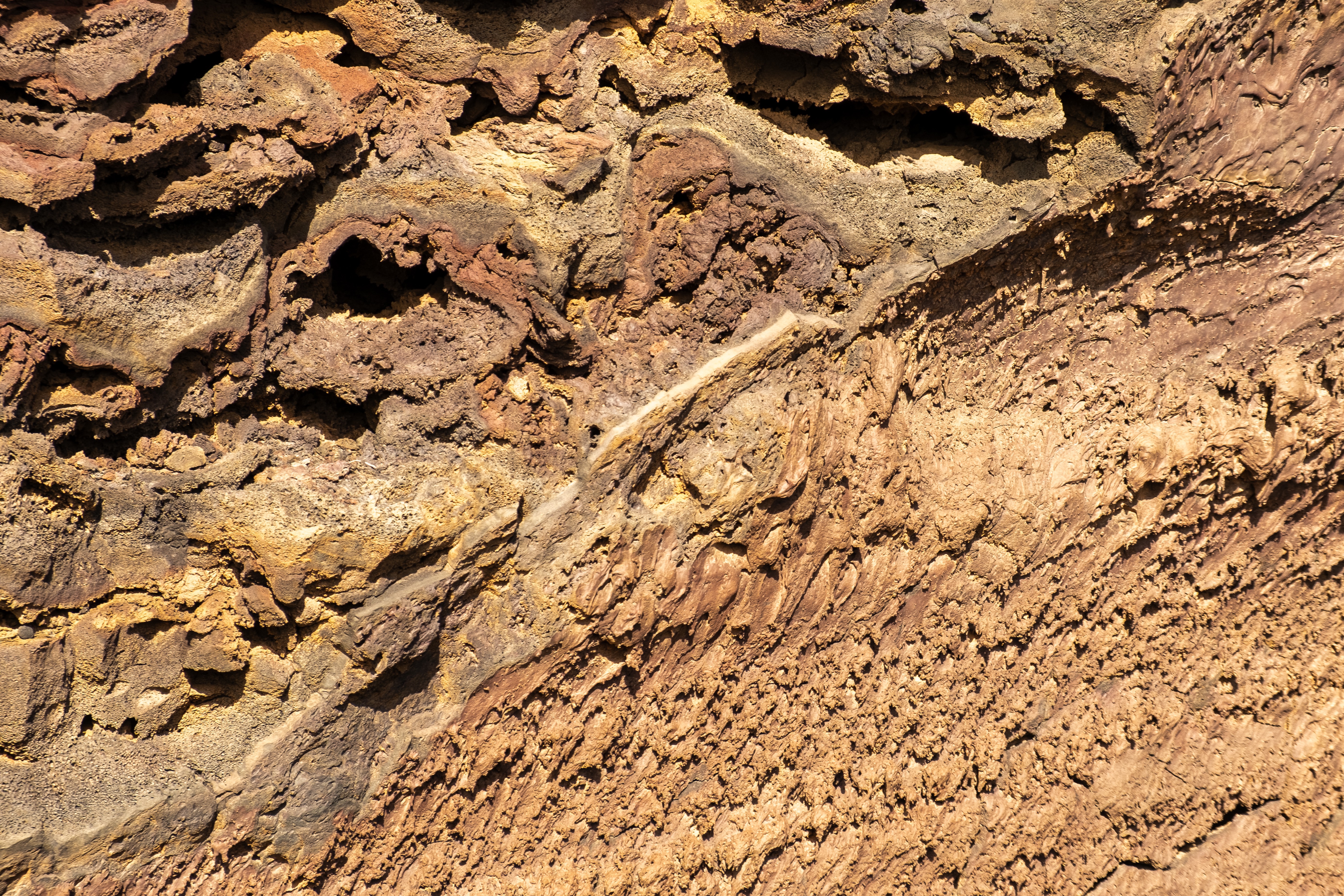
Photos: Maggie Coblentz